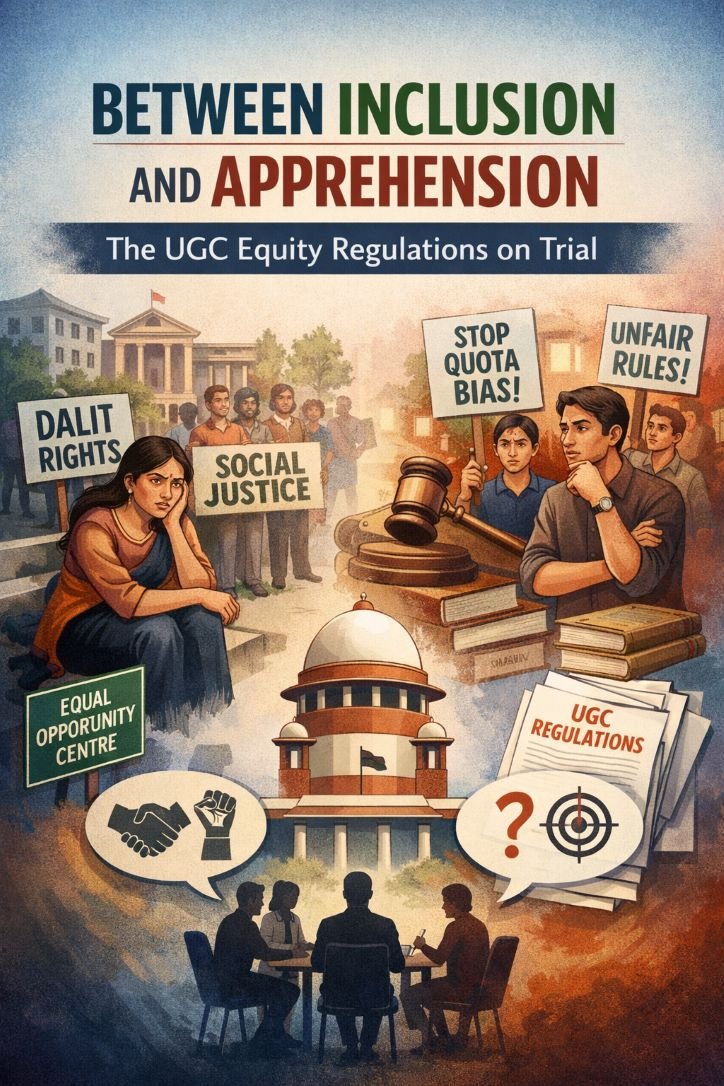
By Vaibhav Gupta, Co- Founder & Chief Marketing Officer, iSchoolConnect Inc.
 Recently, India has suspended its visa services in Canada. This coupled with overall current India – Canada situation has left students and their parents anxious. Students who had plans to travel to Canada are now grappling with limited options due to the possibility of imposed travel restrictions. The tensions have implications for the education sector, as Canada is the second most popular destination for Indian students studying abroad, with over 1.8 lakh Indians pursuing their studies there in 2022.
Recently, India has suspended its visa services in Canada. This coupled with overall current India – Canada situation has left students and their parents anxious. Students who had plans to travel to Canada are now grappling with limited options due to the possibility of imposed travel restrictions. The tensions have implications for the education sector, as Canada is the second most popular destination for Indian students studying abroad, with over 1.8 lakh Indians pursuing their studies there in 2022.
In these uncertain times, various study abroad experts advise students in Canada to stay informed, register with the Indian diplomatic missions in Canada, and maintain regular contact with family and friends back in India for added security.
These incidents may tarnish Canada’s reputation as a preferred destination for international students. Prospective Indian students and their families may think twice before choosing Canada as their study destination, considering the uncertainty they witnessed among their peers.
At the same time, the Ministry of External Affairs (MEA), Govt of India, has assured that the current visa policy will not impact Indian students already residing in Canada. The MEA has also stated that the Indian High Commission is actively monitoring the students’ situation and is available for them to reach out in case of any concerns.
In this scenario, understanding Visa cancellation, has become a topic in itself and many people are seeking clarity. Generally speaking, Visa cancellations are influenced by a myriad of factors. One primary reason is the periodic revamp of immigration rules by governments.
A nation focusing on domestic talent enhancement might reduce the intake of foreign students in niche courses. Furthermore, geopolitical circumstances can sway visa policies. If diplomatic ties between countries strain, it could lead to stricter visa regulations for nationals of the affected country. Additionally, national security apprehensions can precipitate stringent visa vetting processes. While students seldom pose security threats, they become inadvertent victims of overarching policies.
On the individual front, administrative lapses, such as out-of-date documents, academic shortcomings, or breaches of visa conditions, can result in cancellations. These individual-centric causes, though less common, have equally devastating impacts on the concerned students.
The aftermath of visa cancellations on students is multi-dimensional. Academically, the immediate threat is the abrupt halt in their learning trajectory. Such disruptions could render years of hard work and effort meaningless and place future academic pursuits in limbo. Re-securing admission in another reputable institution might become an uphill task, resulting in potential academic year losses.
The financial repercussions are grave. A substantial fraction of international students channel their family’s savings or take hefty loans to finance their overseas education. While certain academic institutions might reimburse a portion of the tuition fees in the event of visa cancellations, many expenses, such as accommodation, travel, and sundry costs, are typically non-refundable. Loan repayments become a looming concern, especially given the disruption in anticipated foreign income streams.
Emotionally and mentally, students grapple with immense stress. The unpredictability associated with visa cancellations can lead to anxiety and depression. The challenge of elucidating such unforeseen changes to family and peers, the stigma of perceived failure, and the mammoth task of reconfiguring life objectives can be overwhelming.
On the logistics front, repatriation, especially if mandated on short notice, is fraught with challenges. Once back in their home country, integrating into the native educational system, often in the middle of an academic cycle, is a significant hurdle.
Long-term repercussions are also substantial. Visa cancellations can jeopardize future visa applications, not just for the country of initial intent but potentially for other destinations too. It acts as a deterrent, making countries wary, even if the cancellation wasn’t due to the student’s fault.
To provide context, as per the latest data, in 2022, the US alone saw a 10% increase in visa rejections for student visa categories compared to the previous year. Similarly, Australia, in its efforts to streamline international student intake, tightened its visa approval process, leading to a 7% rise in visa denials in the same year.
To wrap up, while countries hold the autonomy to dictate their visa and immigration rules, the broader human ramifications of such decisions must be contemplated. For every visa canceled, there’s a potentially life-altering story of a student whose aspirations get thwarted. As nations aim to foster positive international relationships, ensuring the welfare and security of global student communities should remain a priority.
Remember, the international scholars of today will inevitably shape the global narrative of tomorrow, and their educational experiences will indubitably influence their future endeavors and perspectives.








